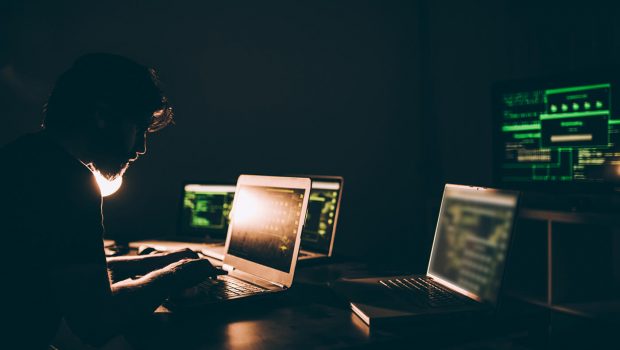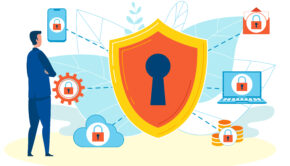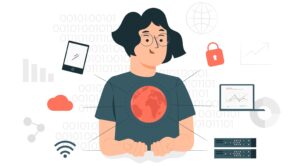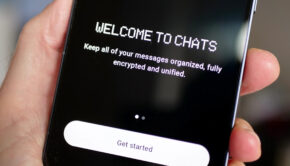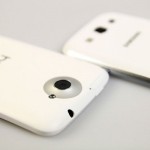How to Know if Your Identity has Been Stolen
Identity theft is trending upward as technology makes it easier for scammers to find more personal information about people from online sources. The scariest thing is that many victims do not realize their identity is compromised until it is too late.
The following stolen identity guide will help you find ways to monitor the security of your identity and tell you what to do if your identity is compromised. Let’s start with things that you should pay attention to and warning signs that you could be the victim of identity theft.
- You stop receiving bills or other expected correspondence by mail.
- You see withdrawals or purchases from your bank account that you did not make.
- You have a check bounce or is refused by a merchant when you know there should be money in your account.
- Debt collectors contact you about debt that you do not recognize.
- There are changes to your credit report showing accounts you did not open.
- You receive notice that your information was involved in a data breach with a company that you do business with or from a financial institution.
- Your medical records show a condition that you do not have.
- The IRS rejects your return and notifies you that more than one return was filed in your name, or that you have income from an employer where you did not work.
- You receive credit card statements from accounts you did not open.
- You have good credit, but find yourself denied for a loan or credit card.
What to do if someone steals your identity?
The longer the theft goes unrecognized, the greater the potential damage. It is essential to catch identity theft quickly so that you can take immediate action to mitigate any damage. To monitor and protect your identity:
- Sign up for identity theft monitoring and fraud protection from a credit reporting bureau. Some financial institutions and credit card companies offer this type of protection through a credit bureau. Your credit profile will be actively monitored, and you will receive alerts if there are new accounts or other changes to your credit.
- Maintain anti-virus and anti-malware software on your devices and keep it up to date. Identity thieves are using malware to access personal and account information straight from computers and devices. Some types of malware mine for password and account information while others can record every keystroke you make.
- Pay attention to how much information you share on social media websites and anywhere else on the web. Keep in mind that hackers can use your entire online presence to glean quite a bit of personal information about you. Make sure and keep your security settings locked down on all social media sites and be careful about what you share.
- Create strong passwords and have a unique password for each account. Identity thieves now use sophisticated software programs to attempt to guess your password, and if they have enough personal information, it is often easier than you might think. Incorporate numbers, upper and lower case letters, and special characters to make your passwords more difficult to crack.
- Never use public wifi to access social media, financial accounts, or email. Technology has made it easier than ever for others using the same wifi network to scam your information while you are on public wifi. The safest measure is to avoid using public wifi altogether, but if you must access it, use it for browsing purposes only. Switch to cellular data if you have to check your bank account or email.
- Use technology to your benefit. Now that it is so easy to check your bank and credit card accounts online, monitor them frequently. Quickly scrolling through your statement a few times a week can ensure that you catch any suspicious activity immediately.

